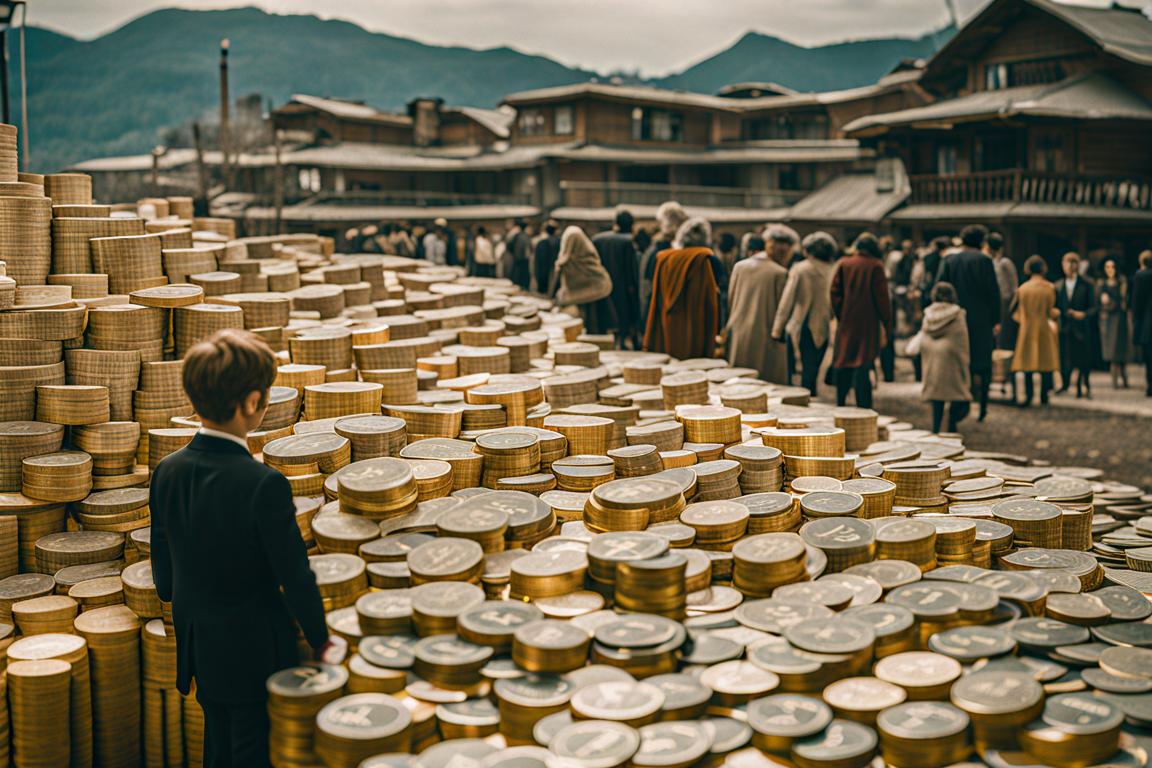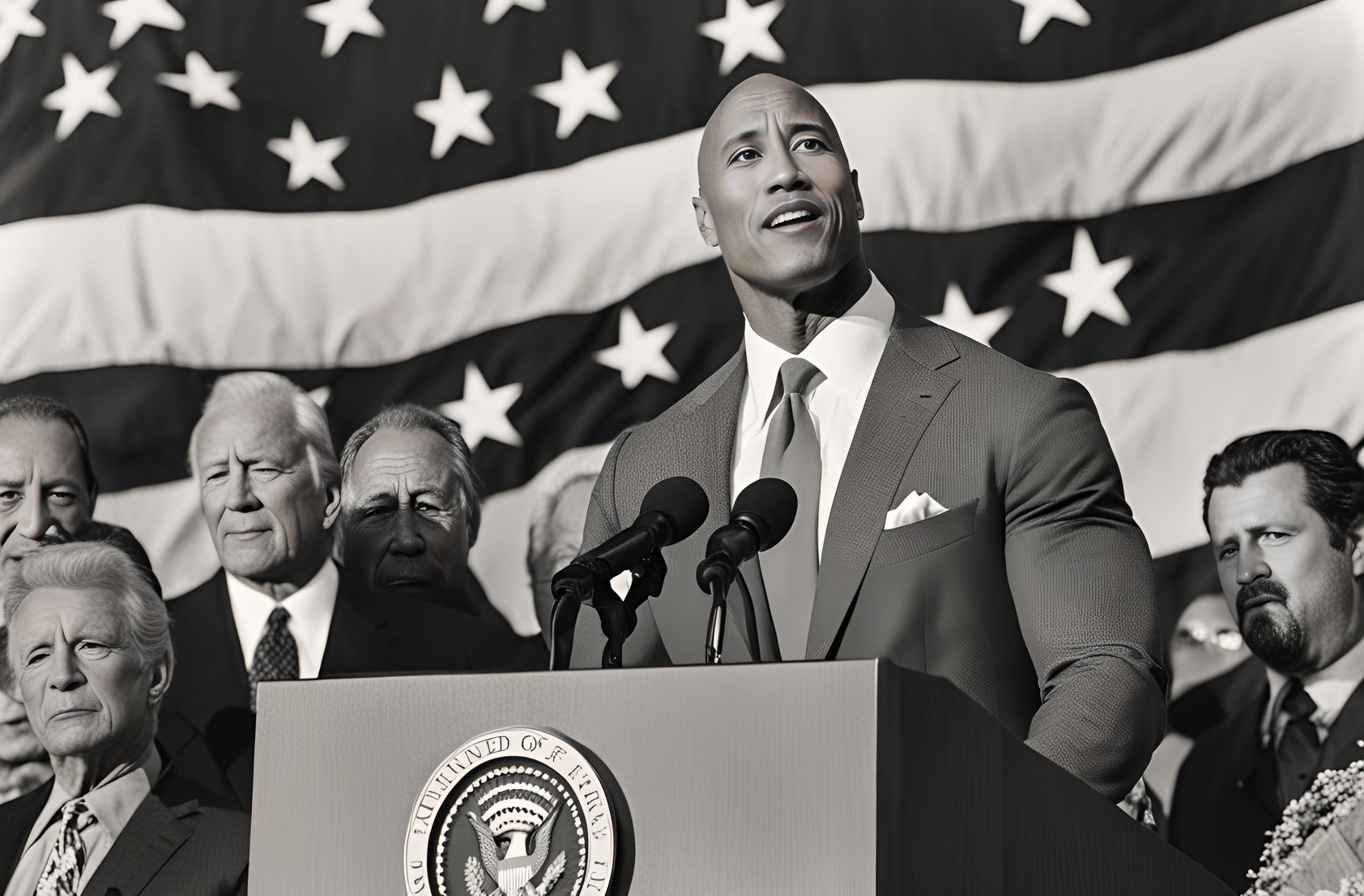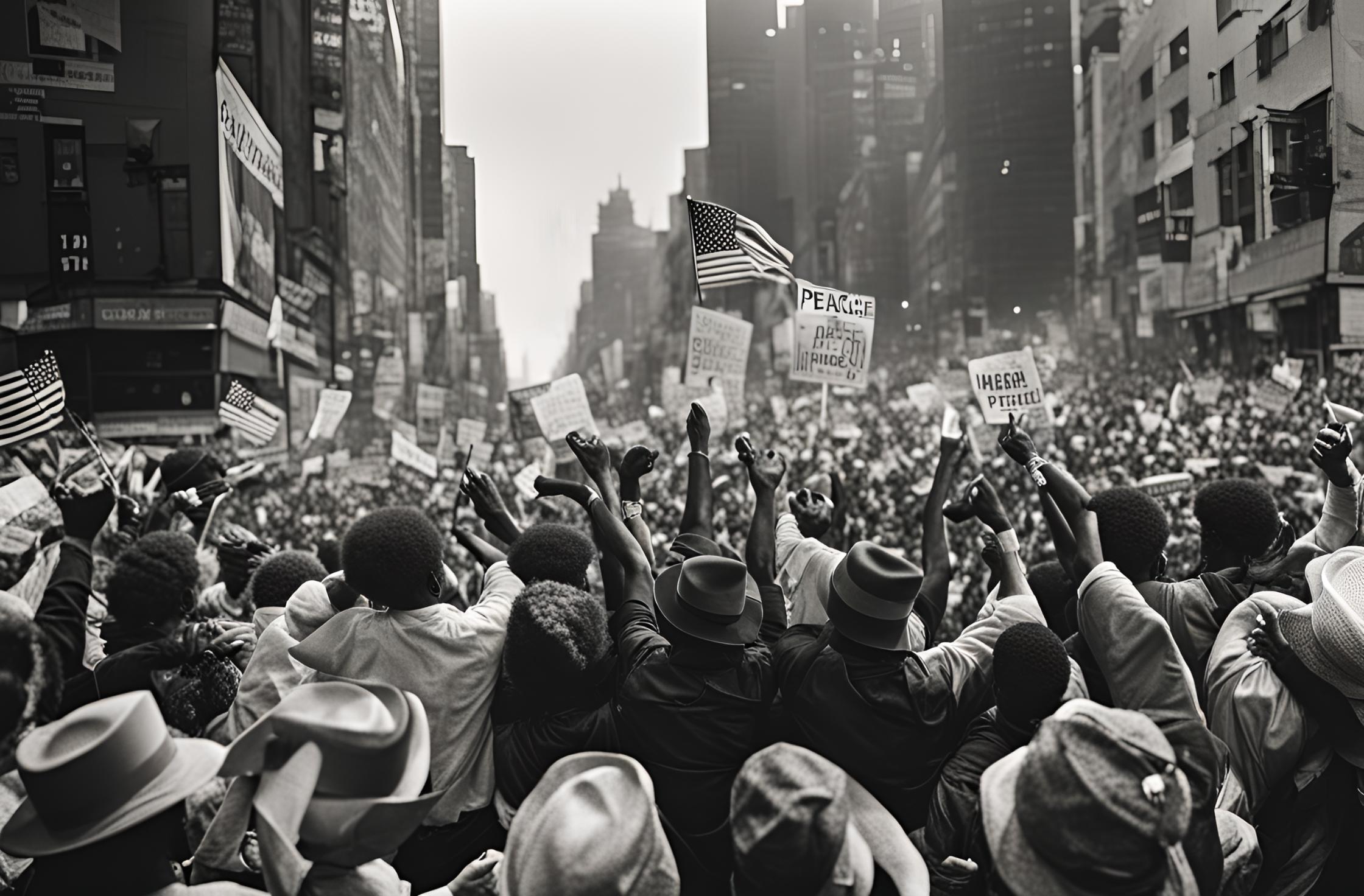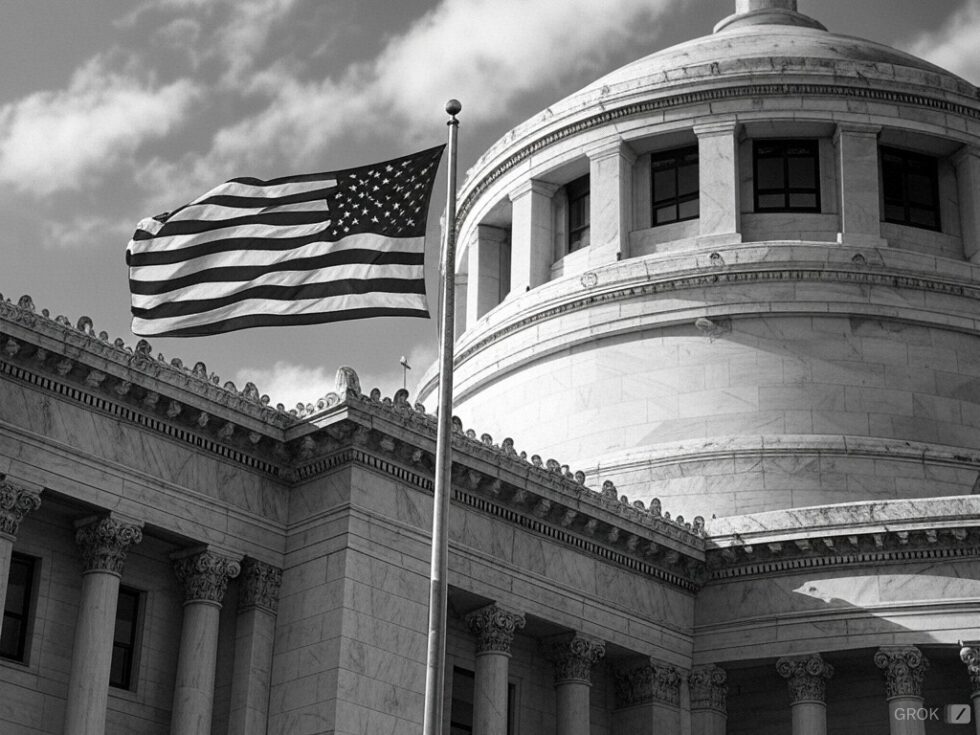
In the early 1970s, a significant chapter in American history unfolded as Puerto Rico, after decades of debate and political maneuvering, became the 51st state of the United States. This transformation was not merely a change in political status but a profound shift that resonated through the cultural, economic, and social fabric of both Puerto Rico and the mainland United States.
The journey to statehood began with a referendum in 1972, where an overwhelming majority of Puerto Ricans voted in favor of becoming a state. This decision was driven by a desire for equal representation, economic opportunities, and the benefits of full citizenship. After much deliberation and negotiation, the U.S. Congress passed the Puerto Rico Statehood Act in 1974, officially welcoming Puerto Rico as the 51st state. The island’s vibrant culture, rich history, and unique identity were celebrated as integral parts of the American tapestry.
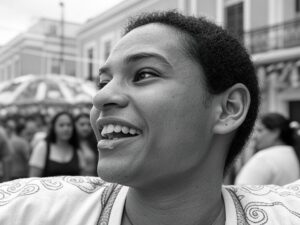
With statehood came a surge of economic development. Federal funding flowed into Puerto Rico, transforming its infrastructure. Roads were modernized, schools were built, and healthcare facilities were upgraded. The island’s economy, once reliant on agriculture and manufacturing, began to diversify. Tourism boomed as travelers from the mainland flocked to experience the island’s pristine beaches, lush rainforests, and vibrant festivals. San Juan, the capital, became a bustling hub of commerce and culture, attracting businesses and investors eager to tap into the new market.
The integration of Puerto Rico into the United States also sparked a cultural renaissance. Puerto Rican artists, musicians, and writers found new platforms to share their work with a broader audience. Salsa music, with its infectious rhythms and passionate lyrics, gained popularity across the United States, influencing the music scene in cities from New York to Los Angeles. Puerto Rican literature and art, deeply rooted in the island’s history and struggles, resonated with people across the nation, fostering a deeper appreciation for the island’s contributions to American culture.
However, statehood also brought challenges. The island’s political landscape shifted as new parties emerged, advocating for various visions of Puerto Rico’s future within the United States. The transition to statehood required adjustments in governance, taxation, and legal systems, leading to debates and disagreements among the island’s leaders. Yet, through these challenges, Puerto Ricans remained resilient, determined to carve out a prosperous future for their state.
As the years passed, Puerto Rico’s influence on the mainland grew. The island’s unique blend of cultures enriched the American identity, promoting diversity and inclusivity. Puerto Rican politicians, educators, and activists emerged as prominent figures in national discourse, advocating for social justice, equality, and environmental sustainability. Their voices, once confined to the island, now echoed across the nation, inspiring change and progress.
In the decades following statehood, Puerto Rico became a symbol of unity and resilience. The island’s journey from a territory to a state demonstrated the power of determination and the importance of embracing diversity. Puerto Ricans, proud of their heritage and their place within the United States, continued to celebrate their culture, sharing it with the world while contributing to the ever-evolving American story.

